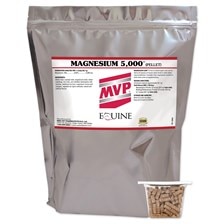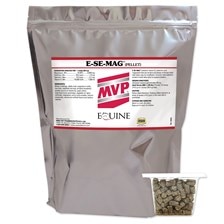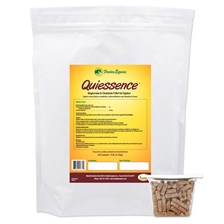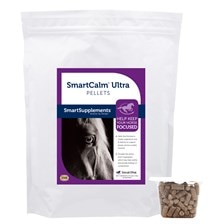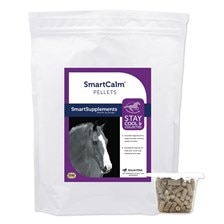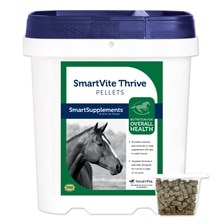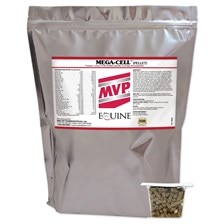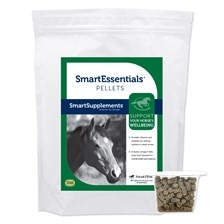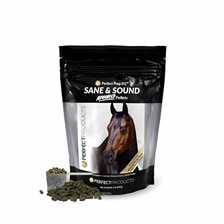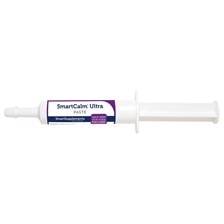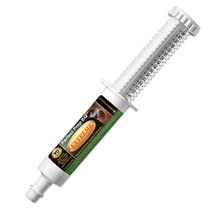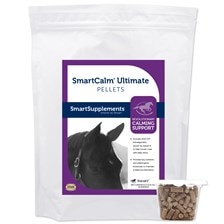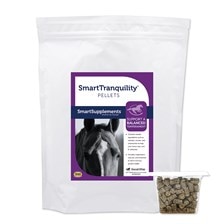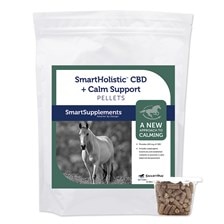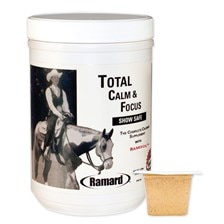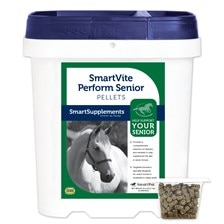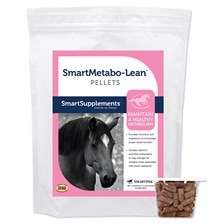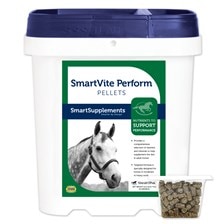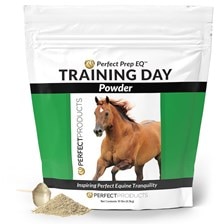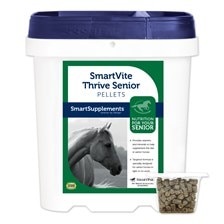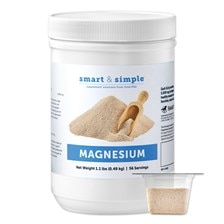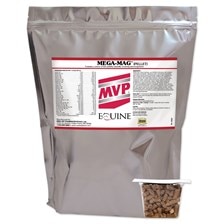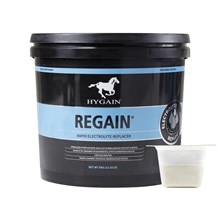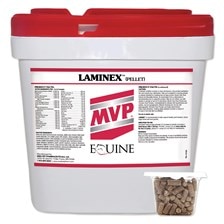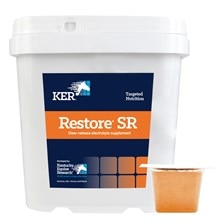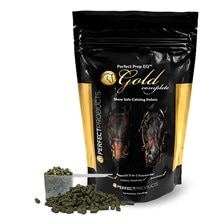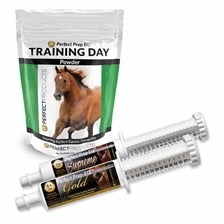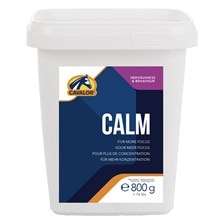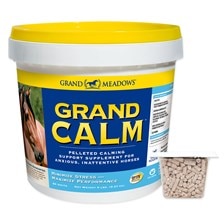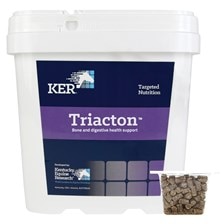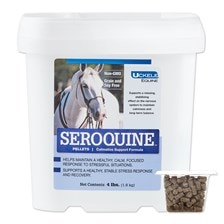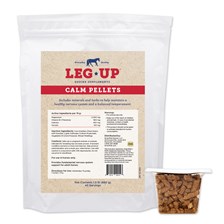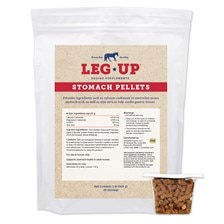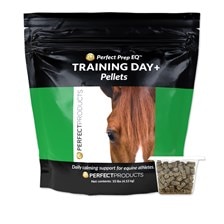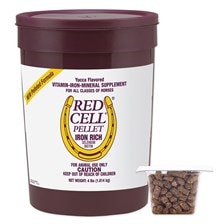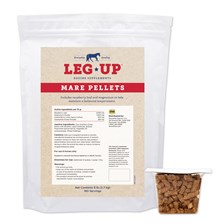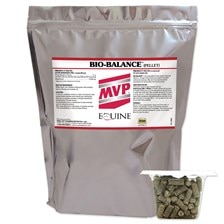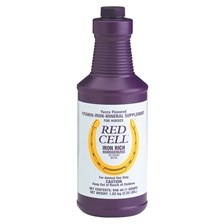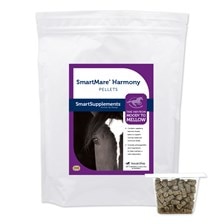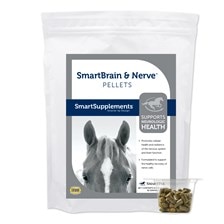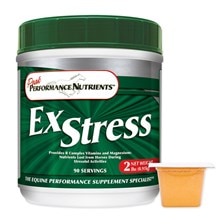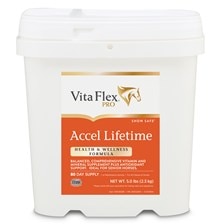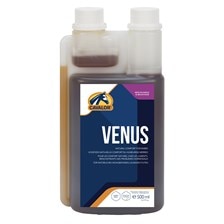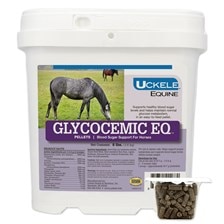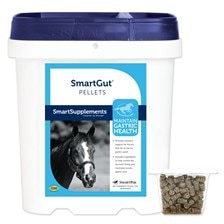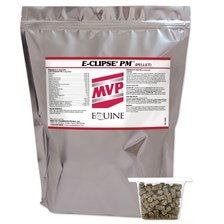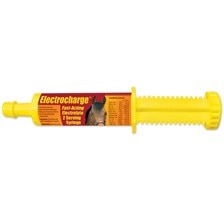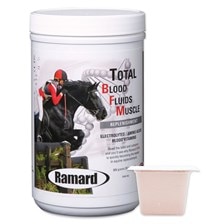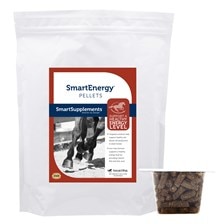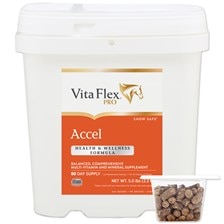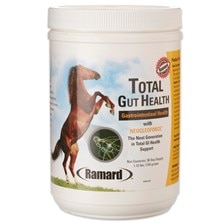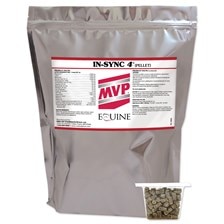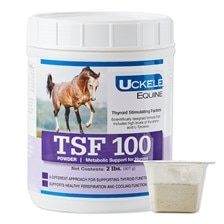Magnesium For Horses
Magnesium is a macromineral that serves as an electrolyte in the blood, in hundreds of enzyme reactions, and in muscle contractions and nerve signaling. A horse deficient in magnesium may show signs of nervousness, muscle tremors, and ataxia (lack of muscle coordination, gait abnormalities). Equine Clinical and Applied Nutrition states that low levels have also been linked to behavioral consequences, while Veterinary Clinics of North America describes the importance of magnesium for proper immune system function as well as normal insulin action on glucose (blood sugar).
Sources and Bioavailability of Magnesium for Horses
According to the most current NRC (Nutrient Requirements of Horses), magnesium oxide, magnesium sulfate, and magnesium carbonate appear to be equivalent as supplemental dietary sources of magnesium for horses and have a higher absorption rate (70%) than the magnesium found in nature.
Serving Size: An 1100lb adult horse in no work requires 7.5 grams (7,500 milligrams) of magnesium in the diet each day, which can normally be met by a complete and balanced diet. Exercise, lactation, and growth all increase the requirement for magnesium, with very heavy work actually doubling it to 15g/day.
Toxicity: Having too much magnesium in the body is rare in all species because it is readily excreted in urine. And although controlled studies of magnesium toxicity in horses specifically have not been performed, the maximum tolerable concentration in the diet has been set at 0.8%, which is 80 grams or 80,000 milligrams. Not sure which supplement is right for your horse? We have compiled comparison charts so that you can compare active ingredient amounts in the following categories for Calming Supplements and Metabolic Supplements.
